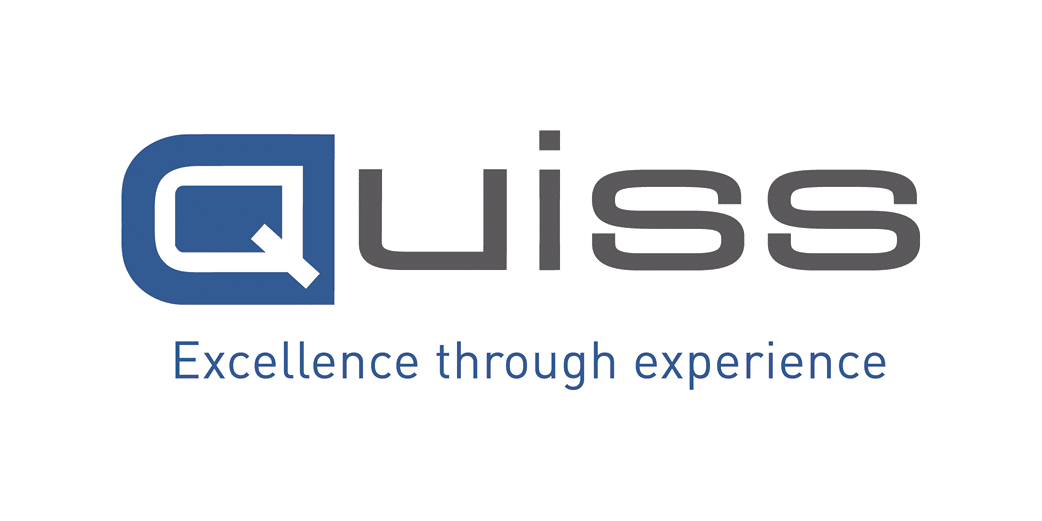
The only constant in life now is technological change
Nick Hayne, head of professional services at Quiss, says considering how the modern workplace will change for law firms, perhaps now is also the time to re-think the delivery of legal services.
As 2021 gets into a more optimistic stride, most law firms will breathe a sigh of relief at having come through an incredibly challenging period relatively unscathed. But the future offers a variety of looming challenges, from a dispersed workforce to the rapidly increasing threat of cybercrime.
Considering how the modern workplace will change for law firms, perhaps now is also the time to re-think the delivery of legal services. Firms have been given an insight into exactly what’s possible with dispersed teams when technology is better utilised.
The shift in thinking started with the first lockdown, as firms scrambled to adopt cloud-based technologies to support remote work and ensure secure collaboration, both within the firm and, most importantly, with clients. The latter benefitted from better, quicker communication, direct with their legal advisers.
Necessity is the mother of invention
The working model has been refined throughout the pandemic and it has become evident that law firm clients and prospects not only rely on technology like never before but understand the benefits on offer, with few likely to eschew the changes for a return to meetings in lawyers’ offices.
While some scientific studies suggest it takes66 days for behavioural changes to take effect, the lockdowns have ensured people adapted their behaviours to meet their needs at the time, which, in turn, has shaped their expectations for working with their clients and their legal service providers.
Adopting technologies out of necessity has become an everyday convenience, with video conferencing a prime example, offering a huge time-saving benefit by excluding travel. It also extends the reach of smaller, regional firms as distance is more of a secondary priority, next to quality of service delivery.
A portal to profitability
Technology is pushing into caseload management and revenue collection, with more law firms choosing to adopt technology that enables them to deploy client portals easily and rapidly. This not only brings them closer to the client, but also provides efficiency, transparency and consistency.
Those agile firms already using these technologies were much better prepared to transition to remote working during the initial lockdowns and now, a reversal is highly unlikely. Portals allow law firms and their clients to work more closely in a relationship built on trust, rather than distress. They deliver a personalised workspace to share documents easily and securely, collaborate on matters, manage projects effectively and provide value-added products and services. All the while demonstrating the firm understands technology and the benefits on offer through appropriate application. And Quiss can help you understand what technology you need to deploy, now.




